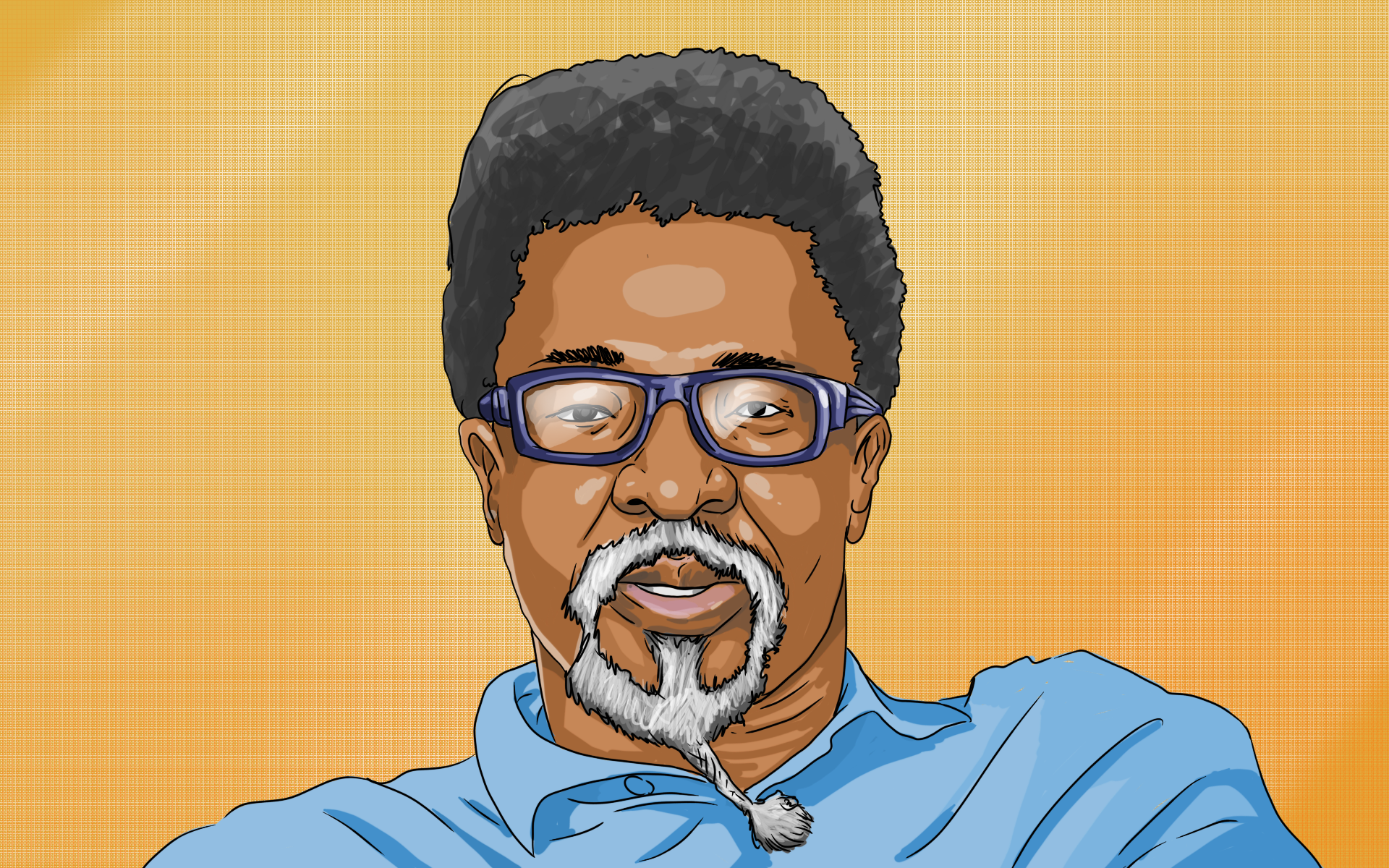Time was when the IMF’s numbers on the domestic economy mattered. “What to make of the recent numbers?”, one might ask. The economy surprised on the upside – it did not shrink as much as most analysts had expected. And then it recovered from the shrinkage far earlier than most called it. True, given how poorly the economy was going into 2019, the shrinkage last year will hurt for a while. And then the rate at which the economy grew in emerging from the recession last year was so low as to live only one description on the table: “Fragile”.
Why was the fallout from the coronavirus pandemic not as severe as it was expected to be? Or relative to the experiences elsewhere? One answer is that the relatively youthful character of our population provided levels of immunity that were not available in places that had much older people. And the response of the economy? One way of reading this is to note that observance of the lockdowns and social distancing measures were only severe in the original incarnation. Subsequent attempts to curtail the spread of the virus through non-pharmaceutical measures were more form than substance.
How much substance is there in the IMF’s latest forecast for the economy? Compared to its forecast for growth at the beginning of this year, the fund is more optimistic. It believes we would be doing 2.5% this year, up by 1.0 percentage points on its January forecast. It expects this growth to moderate next year to 2.3%, down by 0.2 percentage points on the forecast at the beginning of the year. One could look at the minus 1.92% by which the economy shrank last year and celebrate the fund’s current forecasts as a return to pre-pandemic numbers.
Also Read: https://arbiterz.com/imf-reverses-nigerias-economic-growth-rate-to-4-3-in-2020/
Except that even when the economy grew by 2.27% in 2019, the consensus was that the economic auguries were not positive. The federal government’s debt burden was rising, even as revenue from the export of crude oil was falling. The naira’s exchange rate was already under the pressure that had the central bank adopt administrative measures, including financial suppression, to try to manage the problem. Inflation was trending up. As was unemployment.
Significantly, none of these other measures of the economy’s health will change their trajectory this year. Much of the optimism around better output numbers owe to the acceleration effect of oil prices being slightly higher this year than they were during the pandemic, and a recovery in global demand that might see us sell more of the oleaginous stuff. And then, there was the hope (since dashed) of a rapid rollout of vaccines that would hasten the economy’s return to normality.
The 3.92 million doses of the AstraZeneca vaccine with which we kicked off our inoculation programme were always going to be cosmetic, even if we were able to identify at-risk, frontline workers and reach all of them with this first round – we were not able and did not. But what does that matter? An increasingly few number of our compatriots wear their facemasks in public (and there is not point to hoping that they do in private). And of the shrinking number that do wear these masks, a larger proportion deploy them as one would the chin-straps on a motorcycle’s helmet. In other words, we might not need a vaccine regime granting us herd immunity before our economy returns to normal.
And why should we? For in the end , none of these matters. For when the fate of a people is in the gift of a deity, faith is all that is called for. To doubt the deity’s good faith as when Moses questioned Yahweh in his leadership of the Israelites to Canaan, is to invite severe retribution. And if our new divinities insist that all is well with the economy, then it is either out with the IMF and similar agents of neo-colonial narratives, or off with the heads of their local conspirators.
For as the Yoruba adage goes, the moon comes out, and wags insist it is not bright enough. Well, we await the parents of him who will go fix the problem.
Uddin Ifeanyi, journalist manqué and retired civil servant, can be reached @IfeanyiUddin.






















